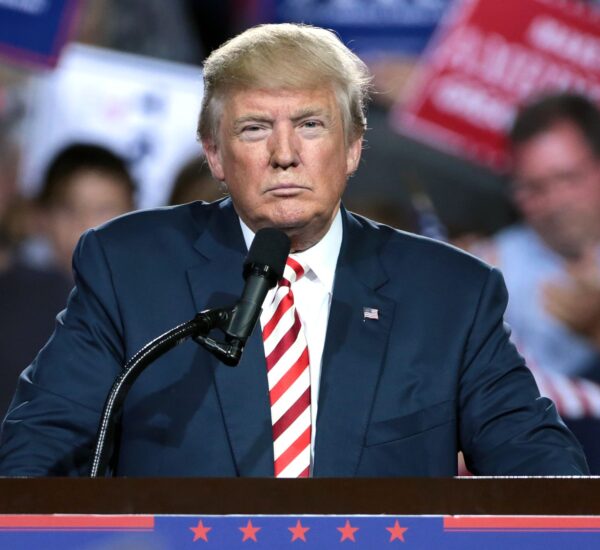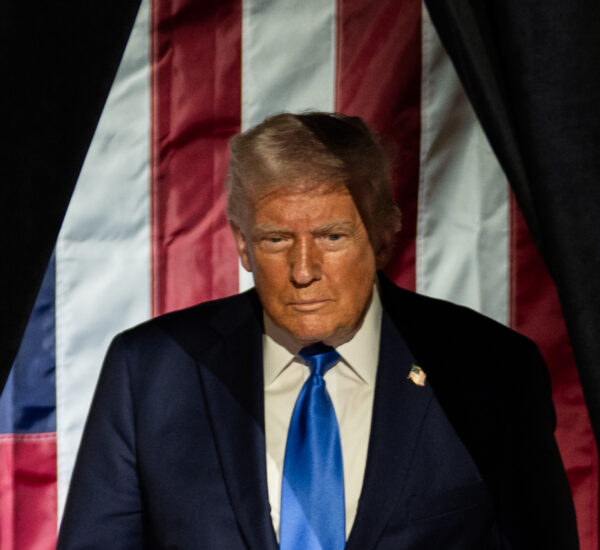Hegseth Makes Major Confession
Defense Secretary Pete Hegseth made a strong statement on Wednesday, expressing that the idea of Ukraine joining NATO is simply “unrealistic.” This perspective comes as the Trump administration takes steps toward ending the ongoing conflict between Ukraine and Russia. Speaking ahead of a meeting of the U.S.-led Ukraine Defense Contact Group in Brussels, Hegseth emphasized that the United States no longer views European and Ukrainian security as a primary concern.
Hegseth’s remarks, though blunt, reflect a broader shift in U.S. foreign policy. “NATO membership for Ukraine is not a realistic goal,” he asserted. This aligns with President Trump’s longstanding position of caution about U.S. involvement in overseas conflicts and his criticism of NATO’s member countries not pulling their weight on defense spending. Hegseth also reiterated that American troops would not be sent to Ukraine to secure a postwar Kyiv, making it clear that any security arrangements should rely on European and non-European troops, not American forces.
This approach echoes Trump’s broader criticism of U.S. foreign policy spending. During his campaign, Trump often highlighted the excessiveness of U.S. aid to Ukraine, urging NATO members to do more to support defense spending and contribute to regional security.
In addition to the NATO membership issue, Hegseth stated that attempting to restore Ukraine’s pre-2014 borders, including the return of Crimea, is “unrealistic.” He noted that pursuing such goals would only drag out the conflict and lead to more suffering. Instead, the focus should be on brokering peace negotiations between Kyiv and Moscow, with the understanding that a compromise involving territorial concessions may be necessary for a peaceful resolution.
Despite these concerns, Ukrainian President Zelensky has made it clear that without U.S. leadership, Europe cannot guarantee its own security or effectively deter future Russian aggression. In response to Hegseth’s comments, British Defense Secretary John Healey affirmed that NATO would continue stepping up its support for Ukraine and European security. Similarly, NATO Secretary General Mark Rutte voiced agreement with Trump’s call for more equal distribution of security assistance to Ukraine but stressed that additional efforts would be needed to shift the course of the conflict.
This evolving stance from the Trump administration underscores a growing recognition that American interests must prioritize national security, border protection, and a more restrained foreign policy that does not overly commit U.S. resources abroad. While some may worry about the implications for Ukraine’s future, it’s clear that the goal is a more balanced approach that reduces unnecessary American involvement while still holding allies accountable for contributing to global security.





